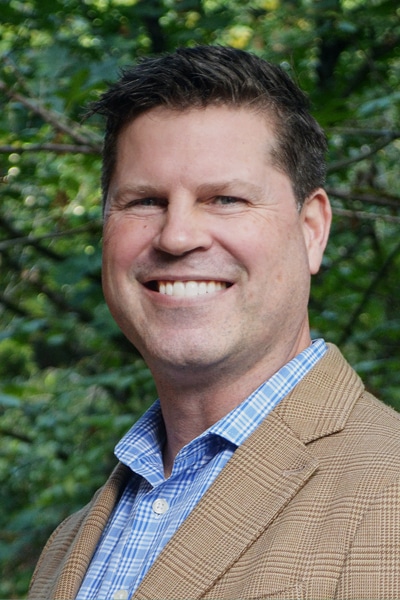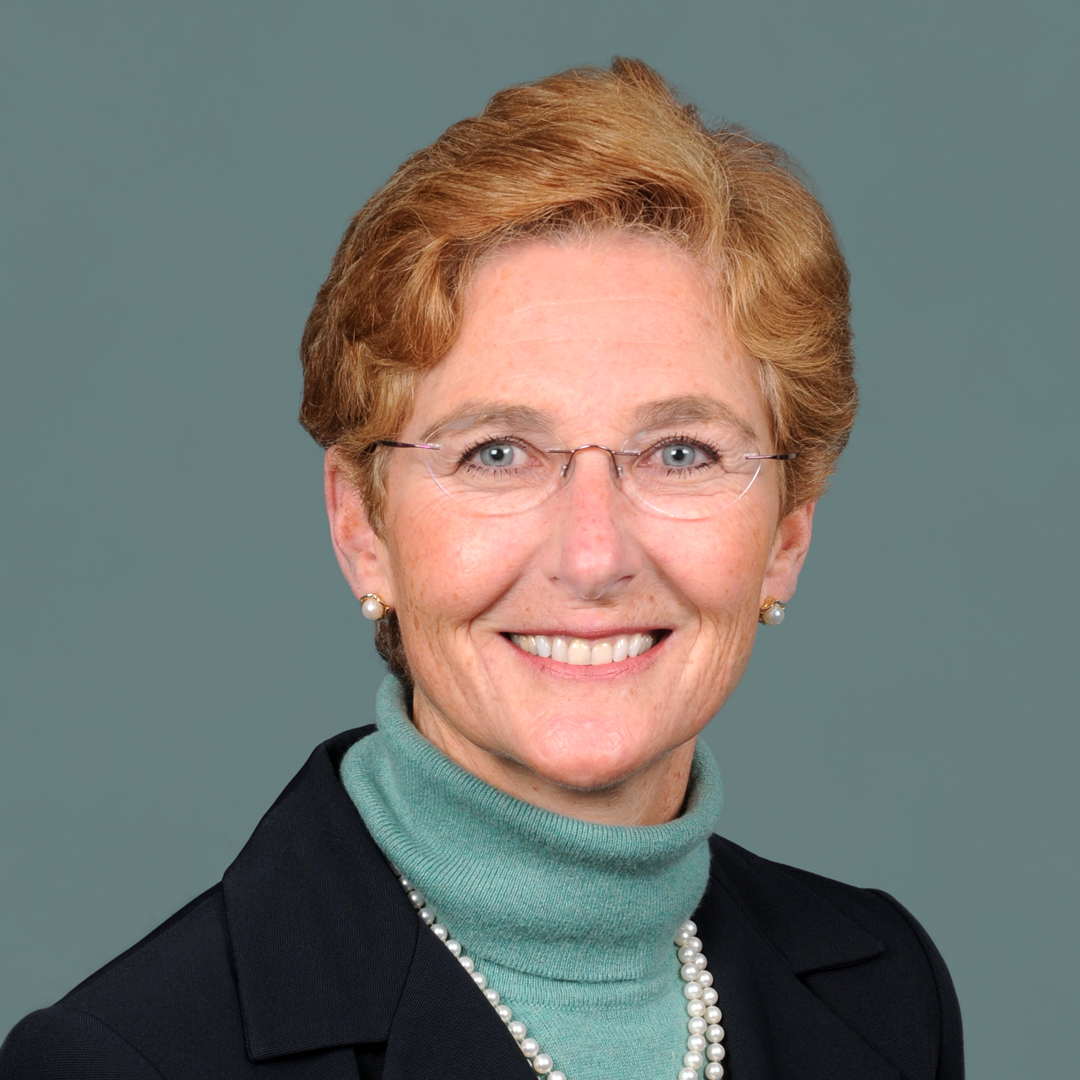|
Getting your Trinity Audio player ready...
|
Upon joining forklift manufacturing firm Hyster-Yale Group in 2012 as its senior counsel of intellectual property, Jeff Woller faced an all too common problem for companies that deal in IP.
“Before I arrived, the people in charge of the IP program were perfect for the position,” says Woller, who is now the associate general counsel of intellectual property. “These were former engineers and legal department personnel who had been with the company for thirty to thirty-five years. They knew the company, knew the products, knew the technology inside and out.
“That small group of people had enough knowledge that when a new technology came up or an engineer wanted to develop something, they really had the institutional knowledge and the market knowledge to say, ‘Yes, this is a great technology to pursue, we need to get patents on it,’ or ‘No, this isn’t so great, here are the reasons why.’ But when those people retired, all institutional knowledge walked out the door.”

A former engineer himself, Woller was new to the forklift industry. He confronted a lack of processes to replace the institutional knowledge that had just vanished from the company.
“I really had to learn about our industry, our technologies, who our competitors are, what’s important in the market, and really start putting in internal processes. Hopefully, by the time I retire, somebody else can step in and these processes are in place to keep up those evaluations and to strategically build a patent portfolio,” he says.
Fortunately, Woller has relished installing such pivotal internal processes, since it has afforded him a chance to learn about every corner of the company. “I’ve really enjoyed digging into these new things and applying knowledge in different areas,” he says.
Woller quickly overhauled the department by converting paper folders into electronic files. He first started with a SharePoint implementation system before flowing all patent files into the contract management software Symfact, which he says has worked out really well.
These efforts have also aided Woller in helping the company nab a number of successful acquisitions over the years. For example, since he joined the company, Hyster-Yale Group has acquired Speedshield Technologies, a telematics installation and distribution business, and Bolzoni, an Italian company that manufactures front-end equipment for forklifts.
“I helped out from an IP due diligence standpoint by really taking a look at what their portfolio looked like, where it was situated, and how large it was,” he says. “Doing things like taking a look at who are the top inventors and asking our business team to go back and ask if these people are still with the company. Also looking at their trademark portfolio, doing analysis on geographic scope, and asking how well the trademark portfolio is protecting the markets where they’re sold.”
This effective due diligence work prepared Woller to take on a more expanded role when the company acquired Zhejiang Maximal Forklift in 2018. He analyzed everything from how the technology at the Chinese forklift manufacturer matched up with Hyster-Yale’s technology to whether its engineers were still innovating. “I really enjoyed being able to do some of those analyses and report back to the business teams,” Woller says. “It’s nice to do a little bit of diligence and research on your own on the back end of it.”
“One of the great things about being an engineer is you are constantly solving problems and doing new things. But because you’re trained to do new things, you don’t necessarily stop to think, ‘Is this so new that it’s patentable?’”
Woller has also overseen company-wide training programs regarding the proper use of IP. That can be challenging, since Hyster-Yale has offices in the US, China, Italy, the Netherlands, the United Kingdom, and India. However, the need for training and insight among engineers is always there, he says.
“One of the great things about being an engineer is you are constantly solving problems and doing new things,” he says. “But because you’re trained to do new things, you don’t necessarily stop to think, ‘Is this so new that it’s patentable?’”
To shift that thinking, Woller’s training focuses on teaching engineers to consider how their work might be novel within the industry. He encourages employees to contact the legal team even if they aren’t sure. “A challenge a lot of corporations face is slowing down for a minute to reflect on if they’ve done something that’s worthwhile and potentially patentable,” he says.
Finally, in terms of the legal team itself, Woller isn’t concerned with making it larger so much as he encourages diverse perspectives. “I like having some people on my team who are not subject-matter experts because they bring different perspectives and viewpoints,” he says. “Oftentimes, somebody who hasn’t ever seen [a technology] before will start asking, ‘Why do we do this?’ or ‘What’s the importance of this?’ It makes you reflect on why we do something and if it’s bringing value or if it’s just an extra step in a process that we could eliminate.”
***
Laurence & Phillips IP Law:
“Jeff’s approach to legal issues is well grounded in the practicality of the situation and informed by a wealth of experience from having worked at major law firms and inside the Patent and Trademark Office.”
–Matthew Phillips, Partner


